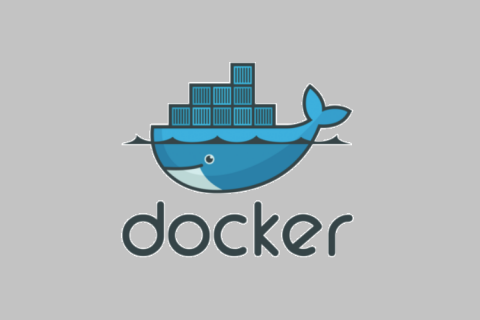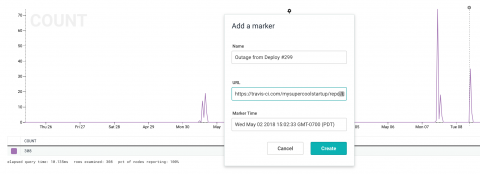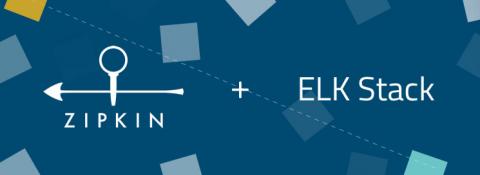Azure CDN announced by Microsoft
On May 7th 2018 Microsoft released a preview version of their own CDN under the name "Azure CDN". It will join Akamai and Verizon(Edgecast) in Azure, their cloud platform. Interestingly its the only cloud provider that resells third-party CDN services. Their direct competitors Google and Amazon both offer CDN services exclusively built on their own infrastructure.











